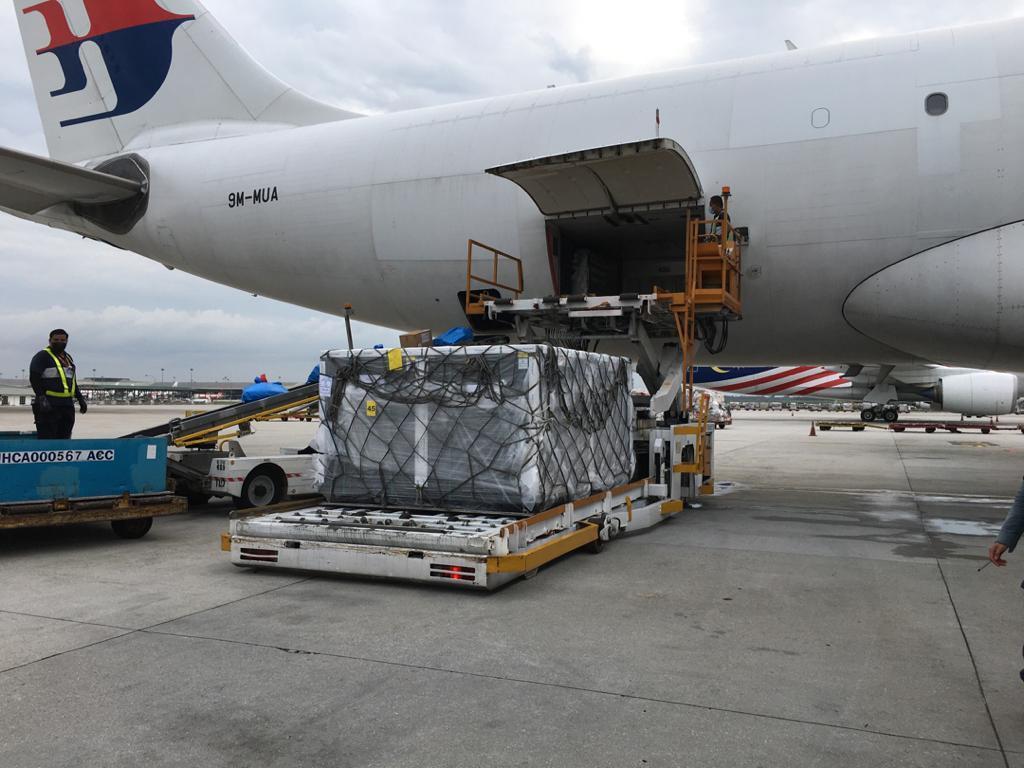Over half a million more doses of AstraZeneca arrive in KL
In total, Malaysia has received 828,000 doses of the expected 1,387,200 doses of AstraZeneca vaccine provided by the Covax facility.
Just In
Malaysia today received 559,200 more doses of AstraZeneca Covid-19 vaccine, its second shipment from the Covax facility.
Unicef, which is part of the partnership along with the World Health Organization (WHO), the Coalition for Epidemic Preparedness Innovations and Gavi, said this follows the first delivery of 268,800 doses to Kuala Lumpur on April 21.
In total, Malaysia has received 828,000 doses of the expected 1,387,200 doses of AstraZeneca vaccine provided by the Covax facility.
“The arrival in Kuala Lumpur marks an important milestone for the Covax facility in its effort to deliver at least two billion doses of Covid-19 vaccine by the end of 2021,” Unicef said in a statement.
Dr Lo Ying-Ru Jacqueline, WHO representative to Malaysia, Brunei and Singapore, said the arrival of vaccines was timely given the current surge of cases.
“We must take every opportunity available to vaccinate as many people as possible and reduce hospitalisations and deaths,” she said.
“Priority should be given to those who need it most – senior citizens and people with other underlying health conditions.”
The AstraZeneca vaccine is currently being administered under an opt-in programme for volunteers in Selangor and Kuala Lumpur.
Rgistration for Phase Two of the programme, for senior citizens aged 60 and above in Selangor, Kuala Lumpur, Johor, Penang and Sarawak, will open this Sunday.
The AstraZeneca vaccine currently forms the backbone of the Covax scheme, which ensures that poorer countries can access doses, with donors covering the cost.
It was hailed as a game-changer in January when it was first rolled out due to its affordability and the fact that it does not require very cold temperatures for storage like the ones from Pfizer-BioNTech and Moderna.
It experienced a slew of bad publicity following cases of blood clots reported in countries including the UK and Europe among patients given the jab, some of whom died. However, it has been well received in Malaysia despite initial public anxiety, with all 268,600 slots under the first phase of the voluntary programme snapped up in just over three hours.
Subscribe to our newsletter
To be updated with all the latest news and analyses daily.
